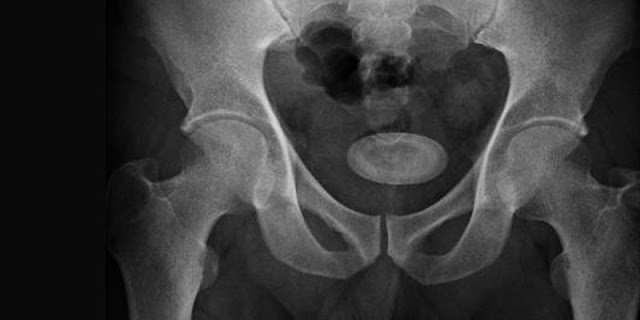To put it simply, bladder stones are stones found inside the bladder. Vesical calculus is another name for them. Bladder stones are made of minerals that are expelled from the urine, just like other stones in the urinary tract. They most frequently develop when the bladder cannot empty, leaving some leftover pee behind. This urine becomes concentrated over time, which can occur during dehydration episodes. As a result of urine concentration, the minerals get deposited, which in turn form nidus for stone formation. These mineral deposits grow larger over time to form large stones.
This blog offers a thorough guide to diagnosing and treating bladder stones. The knowledge gained to write this blog has been gathered from the insights shared by a bladder stone specialist in Delhi, Dr. Niren Rao. Here, in detail we will discuss the ways and methods a urologist utilizes for diagnosing bladder stones. This is an important step in preparing an effective treatment plan. Continue reading to learn more and make an informed choice.
How can a Bladder Stone Be Diagnosed?
Following a thorough physical examination and consideration of the patient's symptoms, a urologist may suspect bladder stones and order additional testing to be sure.
- Urine Examination: This involves a routine urine test, a sensitivity test to rule out infection, a culture, and microscopy to check for mineral crystals.
- Ultrasound: This is a first-line test because there will be no radiation exposure for the patient. This test not only detects the existence of bladder stones but also provides information about kidney health and the efficiency of bladder emptying.
- X-ray KUB: An X-ray makes it simple to see any radio-opaque stones in the bladder.
- IVP: This test is only carried out if the patient's kidney functions are within normal bounds. In this, the patient receives an injection of a dye or contrast, and X-rays are taken at different intervals. In addition to detecting the presence of stones, these tests provide information about the regular operation of the urinary system since the dye or contrast is eliminated by the kidneys in the urine.
- NCCT-KUB: A non-contrast CT scan is the preferred test for identifying urinary tract stones. The benefit of this investigation is that, in addition to diagnosing the presence of stone, it provides information about the precise size of the stone and, by using Hounsfield units, can also provide insight into the stone's composition.
How Are Bladder Stones Treated?
Dr. Niren Rao, renowned for offering successful bladder stone treatment in Delhi, has shared that there are two treatment options for bladder stones: endoscopic or open surgery.
- Endoscopic Method: During this procedure, the doctor will use the urethral passage to insert a thin, metallic tube called a cystoscope inside the bladder. This tube's end is attached to a light source and camera, allowing the doctor to see the bladder's interior on a screen. A laser (a holmium laser) or an ultrasound-based energy source is used to break the stone into small pieces. The procedure concludes with removing the tiny stone fragments and inserting a urinary catheter inside the bladder. It will only take a day or two to remove this catheter.
- Open Surgical Method: The urologist may perform an open cystolithotomy when there is a large stone, several large stones inside the bladder, or a very narrow urethral passage (stricture urethra). This procedure involves making a small incision in the lower abdomen, opening the bladder under a microscope, and removing the stones. After that, the bladder incision is closed with absorbable sutures and a urethral catheter is left in place for a period of one to two weeks.
Conclusion
It is possible to treat bladder stones; however, prompt diagnosis and efficient treatment are necessary. A variety of reasons can cause them and can show various symptoms such as frequent urination, UTI, pain, painful urination, hematuria, difficulty in urinating or irritation in the bladder. If one realizes they have bladder stones because of these signs and symptoms, they must not delay consulting an expert urologist.
One can schedule a consultation with Dr. Niren Rao, the best urology doctor in Delhi, at the renowned facility, Delhi Urology Hospital. Here, you can learn about the treatment options for bladder stones. Depending on the size and position of the bladder stones, the expert urologist will suggest the optimal course of action. Additionally, the hospital charges a starting price of Rs. 25,000 for bladder stone surgery.
Visit Delhi Urology Hospital and get rid of bladder stones today!
Read More:

Comments
Post a Comment